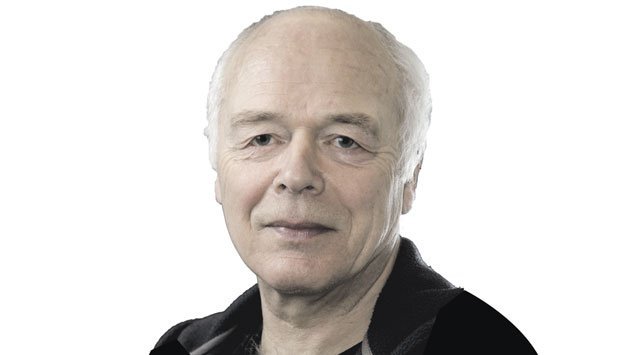?Should we have a public DNA register?
A large number of people provide a DNA profile to the police at some point in their lives. Should the police or others be allowed to keep DNA profiles – including those of non-criminals – such that more and more people will appear in a public DNA register?
Du svarede:
Dermed ligger du på linje med 46% af dem, der har svaret.
Sådan stemte de andre:

“Yes to a nationwide register”

“Such a register will be an invasion of privacy”
FOR

Yes to a nationwide register
Today, the DNA profiles of more than 65,000 citizens are kept by the police – some of these profiles are from suspects who’ve only been charged. A nationwide database will put us all on the same footing and remove the potential criminalisation of non-criminals.
We owe it to the many citizens that are suffering from serious conditions such as cancer, coronary heart disease or fertility problems to provide scientists with the best tools to understand underlying causes and explanations.
A national DNA database can – certainly in the long term – become of great value when trying to identify why, for example, 15 percent of young Danish men have such poor semen quality that they’ll probably be unable to have children without medical help. Or why more than 4,500 women are diagnosed with breast cancer and more than 4,200 men are diagnosed with prostate cancer every year.
Henning Mølsted, journalist at Ugebladet Ingeniøren
IMOD

Such a register will be an invasion of privacy
The establishment of a DNA profile register covering the entire population is, or may be seen as, a violation of the right to respect privacy and an impairment of citizens’ legal rights.
Is it effective? Not enough documentation exists to prove that the effectiveness of a full population DNA profile register in terms of fighting and preventing crime can justify the intrusion on the rights of the entire population that DNA testing represents.
A nationwide DNA profile register leaves the way open to social control that could be misused. And it could well be the first step towards giving lower priority to citizens’ privacy in favour of new technological possibilities with potential for greater efficiency.
Peder Agger, Danish Council on Ethics



